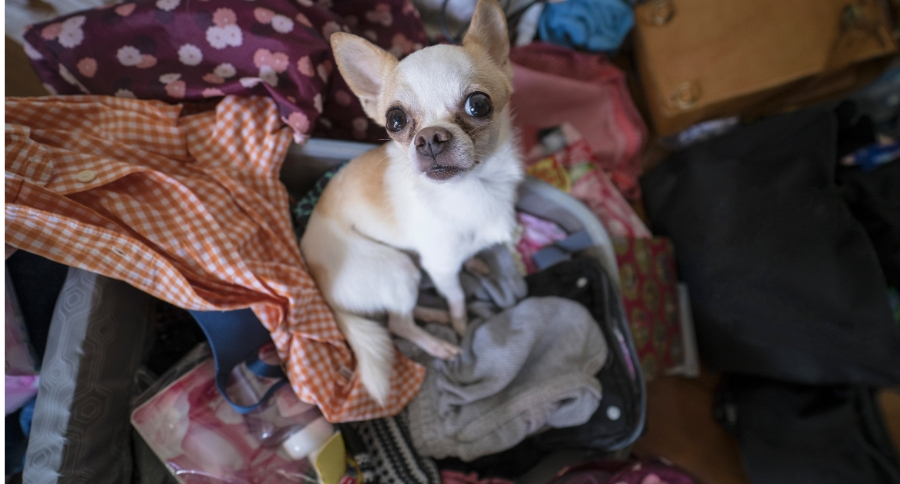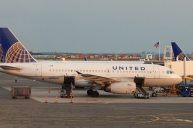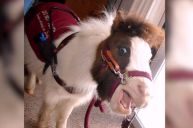Is it getting harder to take your dog on a plane? The answer is yes! This is especially the case if you have a brachycephalic breed (dogs with short noses) like a Pug or a French bulldog.
Let me be clear though, this isn't an article about emotional support (ESA) animals as these dogs can fly free of charge! This story is about those of us that just want to travel on a plane with our dogs. None of mine are support animals and they wouldn't pass that test! I was curious since I have a senior dog with heart disease and have considered taking him with me on trips to my sister's house which is only a two hour trip on a plane.
The New York Times tells us,
"Annually, some four million dogs and cats are moved worldwide, according to estimates from the International Pet and Animal Transportation Association, a professional body of pet relocators."
Airline rules are confusing!
Thank goodness for the rules since there have been many stories about pets dying during transport but why are these pets passing away in the first place!
You must research the rules well in advance to determine which airline is even an option.
Here are a few rules according to The New York Times story, based on an interview with a pet relocator
- United officially stopped flying brachycephalic breeds last June, as the dogs' compressed facial structure can compromise their ability to breathe.
- United also no longer accepts dogs that require crates taller than 30 inches.
- Delta Air Lines stopped transporting large dogs requiring crates taller than 24 inches, which effectively grounds large breeds.
- American Airlines still ships large dogs, but much of their fleet cannot actually handle the larger crates,
The ASPCA says to avoid plane travel altogether if your pet isn't small enough to fit under the seat (they can fit into a soft carrier).
Fewer airlines are accepting certain breeds
https://www.instagram.com/p/BvV9b-3Hlw5/
Flying is stressful and expensive!
This article by VCA Hospitals has a ton of great tips but IF you have a short-nosed breed they are prone to having breathing problems especially when in the cargo.
The New York Times also reports,
"The numbers prove why man's best friend is not a friend of the airlines: between June 2005 and June 2011, 189 animals died on commercial flights, according to the U.S. Department of Agriculture. More than half that number, 98 animals, were of the snub-nosed (brachycephalic for the more technical among you) variety."
You shouldn't have to rent a private plane!
https://www.instagram.com/p/BwFCSnnH-Dw/
Perhaps you shouldn't have to fly on someone's private place like Oprah but do your homework and here are a few tips if you're considering plane travel.
- A Thundershirt can help keep your dog calm, try this in advance of your trip to see if it works.
- A pheromone calming collar can also contribute to lowering anxiety.
- We wouldn't recommend a sedative as this seems to complicate things so talk to your vet about what they think is safe.
If you have a small dog that can fit into a pet carrier that goes under the seat in the cabin then I'd have more confidence they'll be safe. Whether you have a small or large dog you will need to check all the pet policies well in advance.
There is pre-flight paperwork including health certificates and medical records on airlines like Delta. Some restrictions also include the age of the animal, size requirements of the carry-on bag, check-in instructions, and behavior rules.
Different rules will apply to emotional support animals if you are bringing an ESA on board a plane.
Of course, the airlines have the well-being of your animal in mind and pet owners need to understand that one dog will react differently than another when cooped up in a carrier so they just want all of our furry friends to remain safe!
Many airports also have pet relief areas now too!
So do you have a breed that's harder to fly with? Please leave a comment with your travel experiences below!
WATCH NOW: Pets Are Good for Your Health




